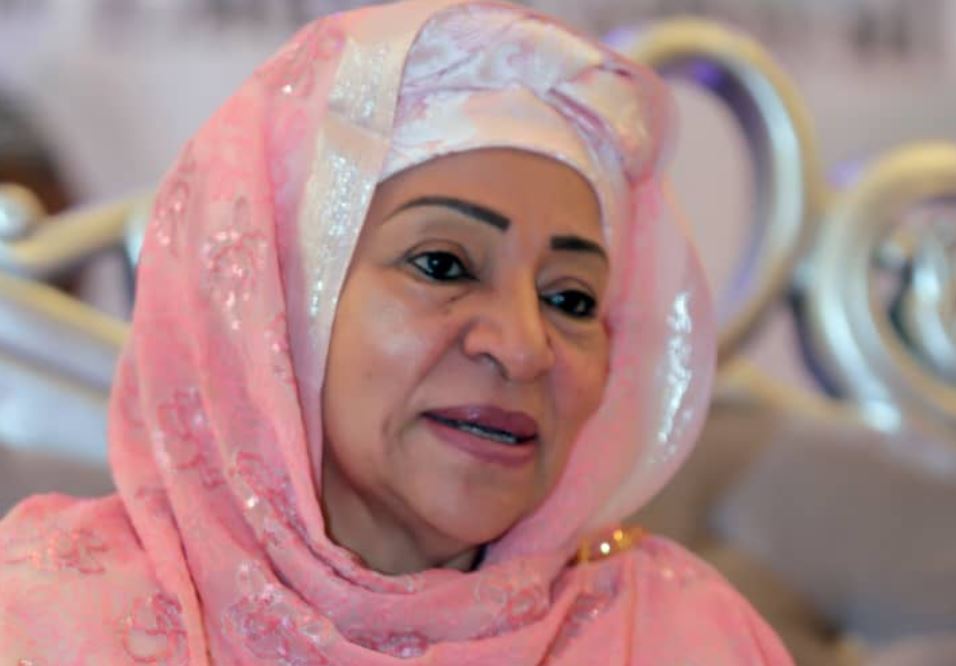Sit down, try it, buy it: Ergonomics brand Frido is turning to touch-and-feel to power growth
At a time when hyperlocal and 10-minute deliveries are redefining India’s e-commerce segment, Frido, an ergonomics brand, is bringing customers back to the physical store. The reason: it sells products such as ergonomic backrests, neck cushions, and chairs that require a try-before-you-buy experience.
The fast-growing D2C brand’s tiny store tucked away on the upper floor of Phoenix Marketcity, Pune, recently clocked in ₹1 lakh in daily sales. “We are a very touch-and-feel kind of brand. Someone measured his table height at home while at our store, adjusted our chair to match it, sat down, and then decided to take it,” says Frido founder & CEO, Ganesh Sonawane.
That’s why Frido sees offline retail as its biggest growth lever. Its store in Phoenix is its only physical outlet so far, but the response has pushed the team to fast-track expansion. “We’re in talks with DLF and others. Delhi is our strongest market—we are very sure we can crack it,” says Sonawane. Over the next six months, the company plans to test three retail formats across different geographies before scaling nationwide.
The brand’s origins go back to 2015, building solutions for bedridden patients facing difficulties accessing bathrooms. Over time, the company transitioned into consumer health and ergonomics, launching insoles—a segment long overlooked in India despite decades-old mature Western markets—in 2022.
“Within six months of launch, we overtook Bata and a few others. Today, we are still market leaders, with over 50% market share online, except in the doctor-recommended category,” Sonawane shares. Frido has since expanded into seat cushions, backrests, and neck supports. It emerged as the top-selling online brand in most of these categories, and in the top three overall, he claims.
Unlike many high-growth D2C brands, Frido isn’t relying heavily on sustained ad spending. “Initially, we over-invested in marketing, and it worked in our favour. But now, we’ve stabilised more than half a dozen products that sell with little to no cost of marketing,” Sonawane says. The repeat customer rate is growing rapidly at 35%— nearly one-third of the 3,000 orders a day are from buyers who have purchased four to five times before. “That’s how we measure product-market fit.”
Surprisingly, quick commerce has become another strong sales driver. “We’re seeing phenomenal numbers on Blinkit and other platforms—20% month-on-month growth,” says Sonawane. That’s unusual for non-grocery, high-involvement products like Frido’s. “But once people know what they want—like a specific cushion or backrest—they’ll order it just like they order milk or flour.”
However, despite the popularity of quick commerce and e-commerce, Sonawane is convinced that physical retail will eventually dominate. “Long-term, it’s offline and D2C. For a brand like Frido, offline works better than many expect,” he says.
But while many consumer brands chase Tier-II and III expansion, Frido is deliberately staying focused on India’s metros. “We’ve tried Tier-II, but it doesn’t work well for us right now. Most of our orders come from Tier-I cities, from high-profile customers—celebrities and politicians,” Sonawane explains.
There’s some demand trickling in from smaller towns—especially for simpler products like cosy pillows—but Sonawane believes it’s still too early to build for those markets. “Frido solves problems that are more important for ergonomically conscious people. In Tier II and III, that shift hasn’t fully happened.”
Even as the company readies for launches in large categories like footwear and chairs, Sonawane is clear about one principle: Frido will only stay in a category if it’s among the top three brands. “If we can’t be top three forcibly, we exit.”
Frido isn’t rushing towards an IPO, but Sonawane is optimistic about long-term growth. “We can grow very fast for the next decade, unless someone else comes in doing the right kind of work. For now, we just have too much to build.”












